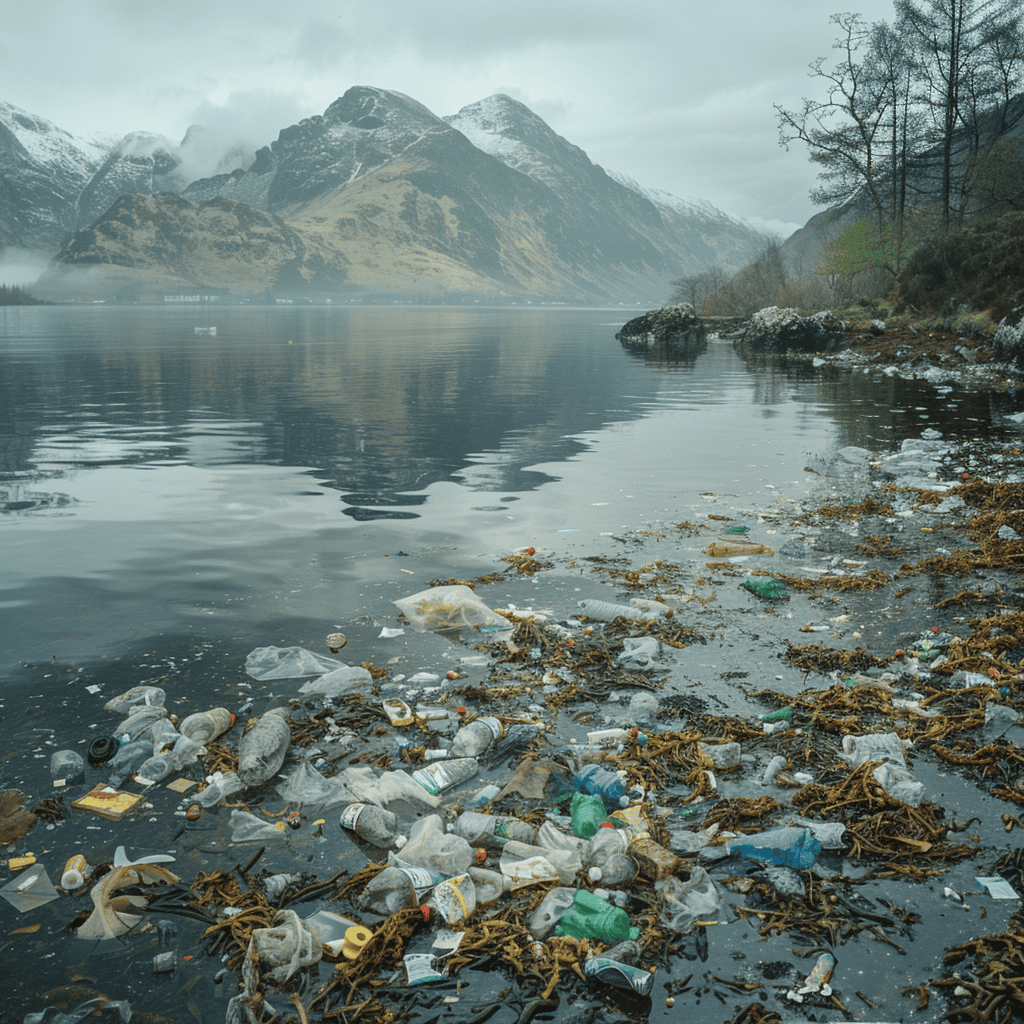When we consider the pinnacles of human innovation, plastic stands out as a marvel of the modern age. It’s a material so versatile and ubiquitous that it has become nearly synonymous with convenience itself. From the medical field to the food industry, plastics have played a pivotal role in advancing hygiene, safety, and accessibility. The invention of plastic has been nothing short of revolutionary, providing us with durable, lightweight, and inexpensive materials that have transformed our daily lives, but at what cost?
This once-celebrated material now casts a long shadow over our environmental
consciousness. The very properties that make plastic so useful—its durability and resistance
to degradation—are also what make it a persistent pollutant and one of the biggest
environmental challenges facing us today. The statistics are alarming: Over 300 million
tonnes of plastic is used each year with around half of it single-use plastic; vast quantities of
plastic waste suffocate our oceans, and microplastics have been found in the most remote
and seemingly pristine regions of the planet. Recent research has even discovered it in the
testicles of men (in the interests of science, I am having my bloods tested- see below). Our reliance on
single-use plastics has created a global crisis, with repercussions that extend to all corners
of the earth and all forms of life, including our own.
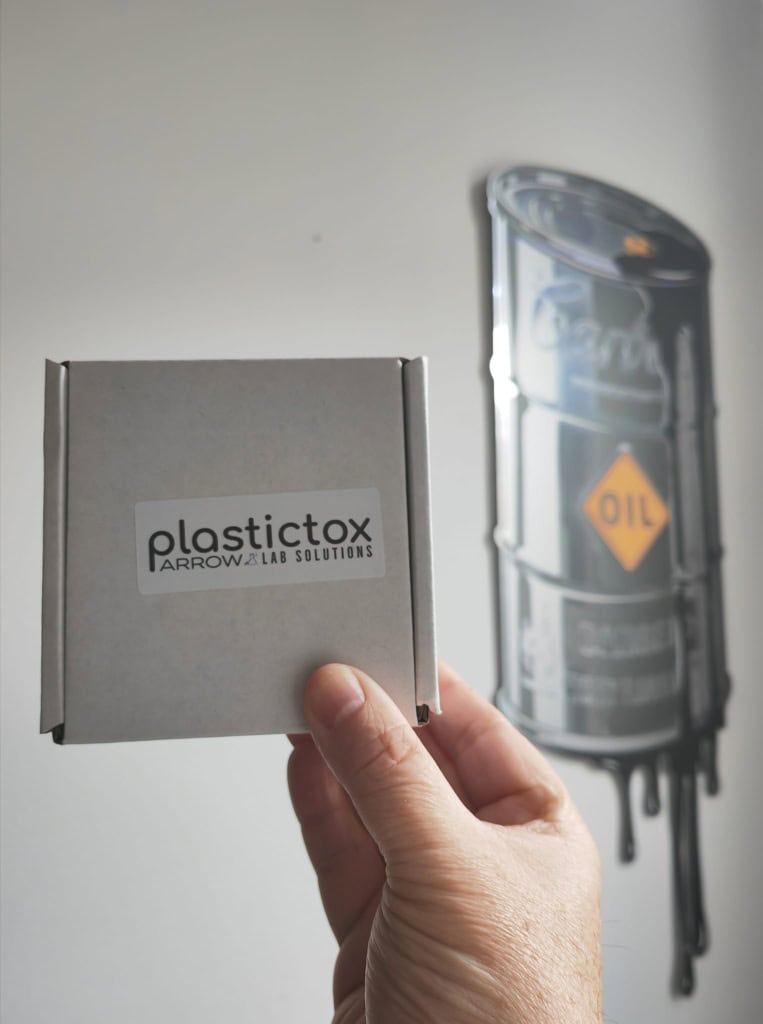
I’m so concerned that I have volunteered for the world’s first commercial blood test for microplastics from PlasticTox – The World’s First Human Microplastic Screen. It will tell me if I am indeed contaminated with microplastic, and also what types and from what probable sources. Anticipating that I am, I have already started making changes, but that’s for a follow up blog.
Following on from World Refill Day in June, the month of July has been designated as Plastic Free July, a global movement that galvanizes individuals, communities, and businesses and organisations to partake in the solution to plastic pollution. It’s a time to reflect on our consumption habits and to take actionable steps towards a more sustainable future. The initiative encourages us to reduce our use of single-use plastics and to embrace the principles of reducing, reusing, and recycling by taking small steps that can make a big difference.
Reducing our plastic footprint can start with simple changes. Those of us that are gym goers think nothing of taking a reusable water bottle to the gym. It’s not only accepted, but also expected. So let’s normalise bringing a water bottle to work and anywhere you might go. Many offices have filtered water, supplied via mains water or a cooler. Rather than using multiple disposable cups, instead top up your bottle.
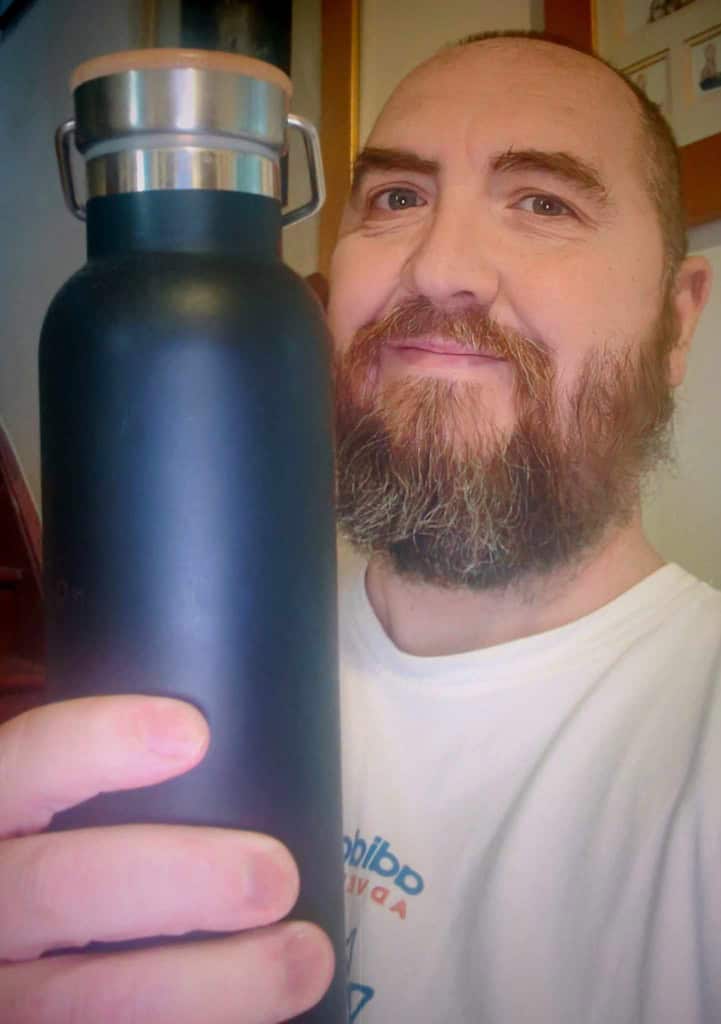
For those working from home it’s potentially even easier. I say potentially as I am aware that the quality of my local water might not represent all of the UK or the world. For those who might question drinking tap water, consider an under sink water filter.
Other suggestions to reduce plastic in the home include:
- Swapping out plastic containers for glass or stainless steel,
- Opting for bulk buying, and choosing products with minimal packaging
- Refilling not only your water bottle, but also pasta, cereal, and washing detergents
- Ditching your planet destroying (slight exaggeration) wet wipes for a washable cloth.
- Investing in bamboo toothbrushes, metal straws, and even recycled toilet paper with every roll bought planting one new tree.
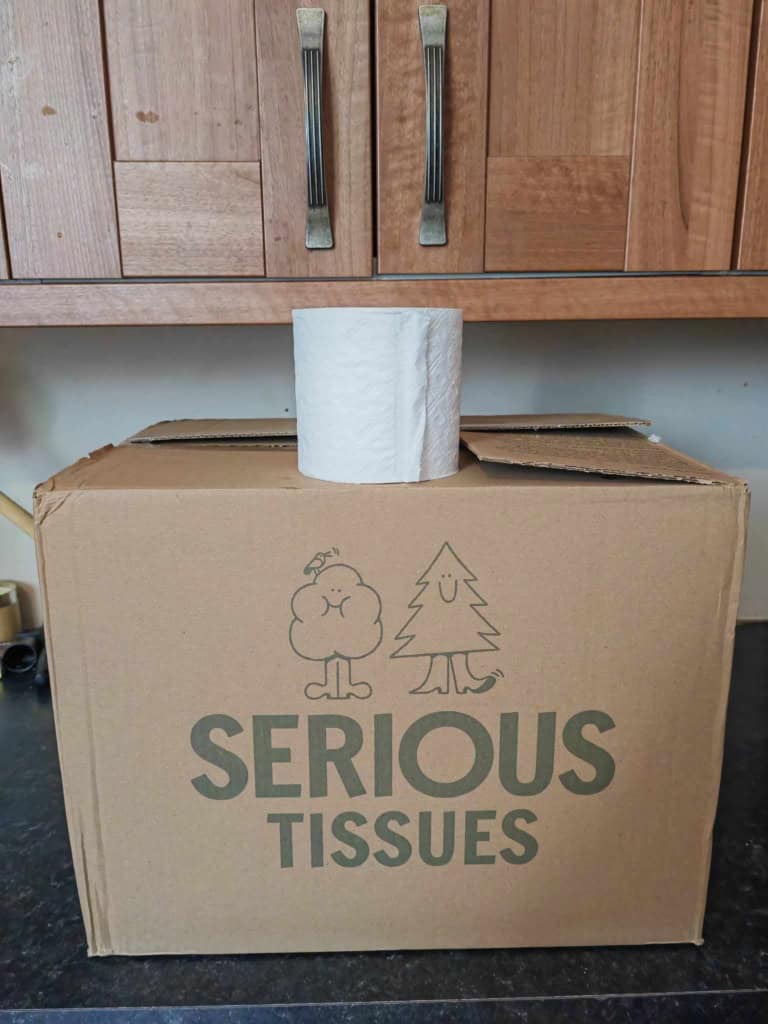
Engaging the whole family in these efforts not only minimizes waste but also instills values of environmental stewardship in the next generation. For more tips and advice, check out City to Sea’s Plastic-Free Living guide.
If you need extra motivation, use code CITY2SEAXOB10 for 10% off City to Sea’s collaborative Ocean Bottle – this bottle stops 1000 plastic bottles from entering the ocean and gives £5 to City to Sea. I used to collect running shoes and I now collect water bottles. I’m not really grasping the idea of degrowth!
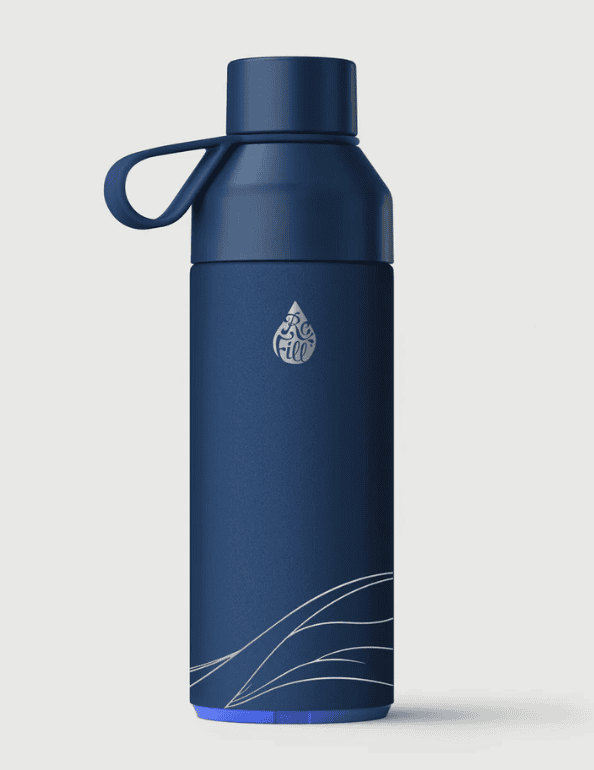
What’s a bottle without a tap to fill it up? When you are out and about, why not utilise the free
Refill app, a brilliant tool that connects us to over 330,000 refill stations worldwide, allowing
us to hydrate without the needpointless plastic for disposable bottles. This not only
diminishes our plastic use but also supports local businesses and promotes healthier
lifestyles. There’s a certain Seatle founded coffee chain who will not only fill your bottle with
amazing cold filtered water, but also add ice to it. Handy for when summer actually arrives
(I’ll resist lecturing you on climate change).
Back in the workplace, the battle against plastic waste is not just being waged against plastic water bottles. We can source supplies with minimal or sustainable packaging and look at ways of using more sustainable products. Both sustainable and inclusive, our ladies’ and gents’ toilets both stock plastic free and planet friendly period products . Is this a conversation and conversion you could have in your workplace?
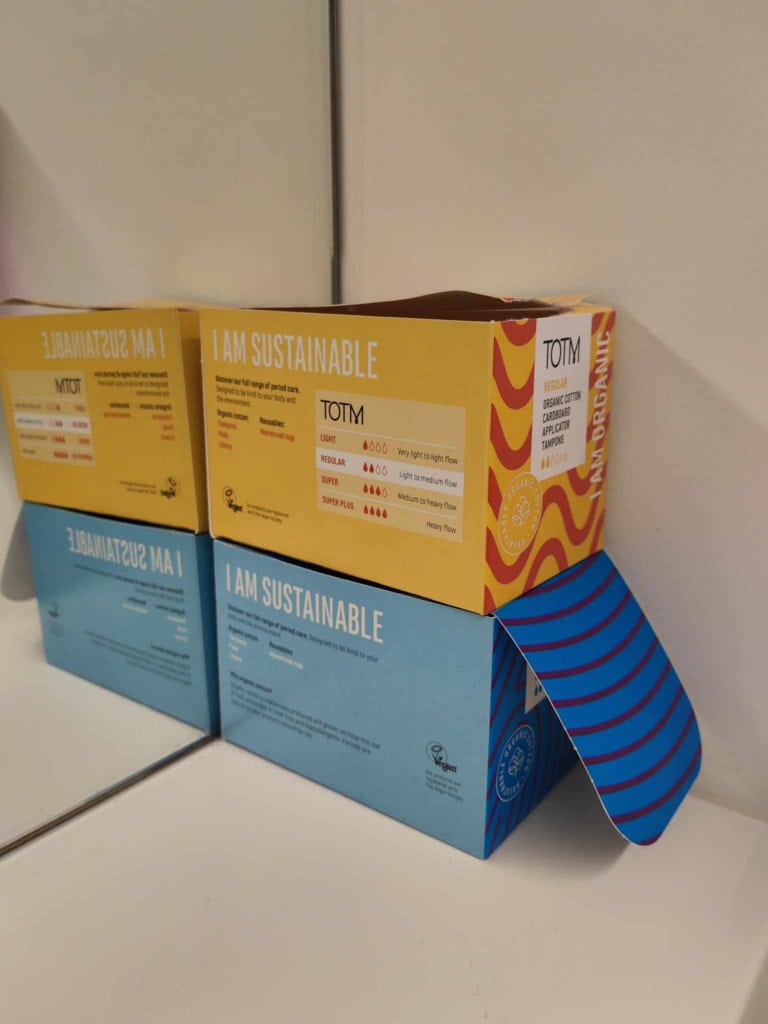
Plastic Free July is more than just a month-long campaign; it’s a catalyst for long-term change. It’s an opportunity for each of us to consider our choices and to become part of a global community committed to preserving the health of our planet. By taking small, consistent steps, we can collectively make a big difference.
Will you join us this Plastic Free July?
P.S. For those of you that read my blog about recycling bottles or read the Daily Record story and were disappointed to learn that it had been stopped, I have good news (well, for those living in Glasgow).
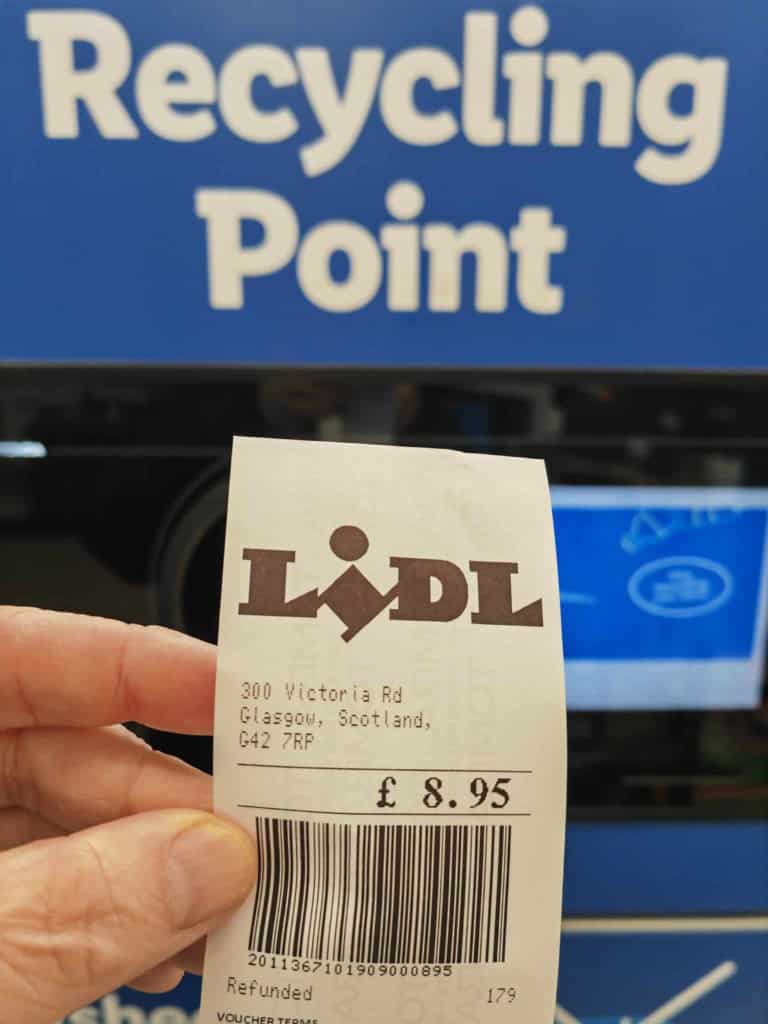
The grocery chain Lidl, having bought recycling machines in anticipation for Scotland’s Deposit Return Scheme (DRS) , will give you 5p for every suitable (and it is most) plastic bottle and soft drink can you return across its Glasgow stores.

